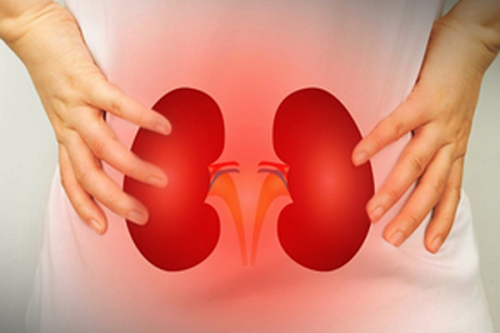Low salt, less body fluids may help regenerate certain kidney cells: Study

New Delhi, June 29 (IANS) A short-term, low-salt diet along with less body fluids may help repair and even regenerate certain cells in kidneys, scientists in the US have reported after showing promising results in animal studies.
A loss of salt and body fluid can stimulate kidney regeneration and repair in mice, according to a study led by stem cell scientist Janos Peti-Peterdi from the Keck School of Medicine of the University of Southern California.
This regenerative response relies on a small population of kidney cells in a region known as the macula densa (MD), which senses salt and exerts control over filtration, hormone secretion, and other key functions of this vital organ, according to the study published in The Journal of Clinical Investigation.
Currently, there is no cure for this silent disease. By the time kidney disease is diagnosed, the kidneys are irreversibly damaged and ultimately need replacement therapies, such as dialysis or transplantation.
To address this growing epidemic, Peti-Peterdi, first author Georgina Gyarmati, and their colleagues took a highly non-traditional approach.
As opposed to studying how diseased kidneys fail to regenerate, the scientists focused on how healthy kidneys originally evolved.
The team fed lab mice a very low salt diet, along with a commonly prescribed drug called an ACE inhibitor that further lowered salt and fluid levels.
The mice followed this regimen for up to two weeks, since extremely low salt diets can trigger serious health problems if continued long term.
In the region of the MD, the scientists observed regenerative activity, which they could block by administering drugs that interfere with signals sent by the MD.
When the scientists further analysed mouse MD cells, they identified both genetic and structural characteristics that were surprisingly similar to nerve cells.
In the mouse MD cells, the scientists also identified specific signals from certain genes, which could be enhanced by a low-salt diet to regenerate kidney structure and function.
“We feel very strongly about the importance of this new way of thinking about kidney repair and regeneration,” said Peti-Peterdi. “And we are fully convinced that this will hopefully end up soon in a very powerful and new therapeutic approach.”

|

|

